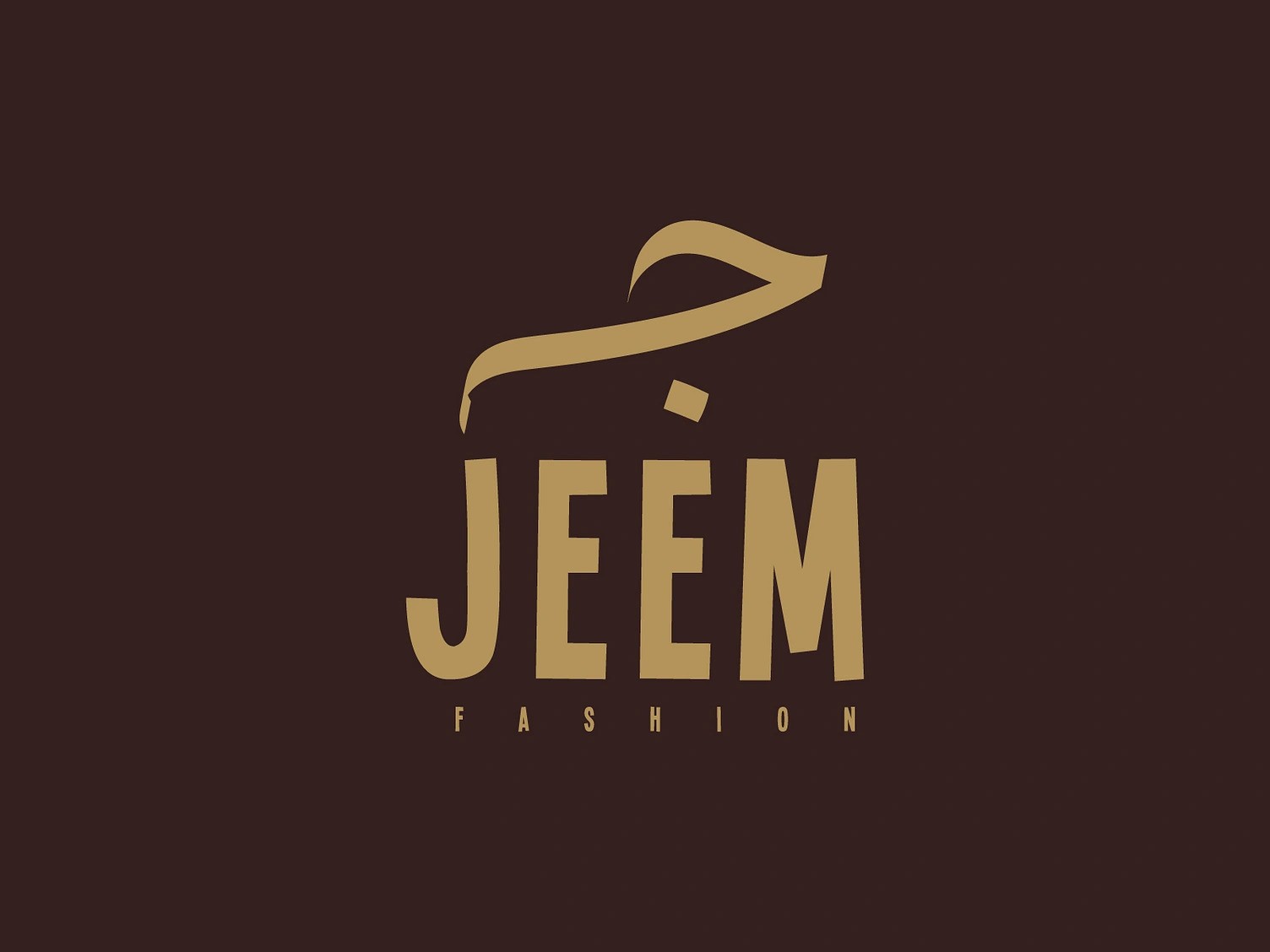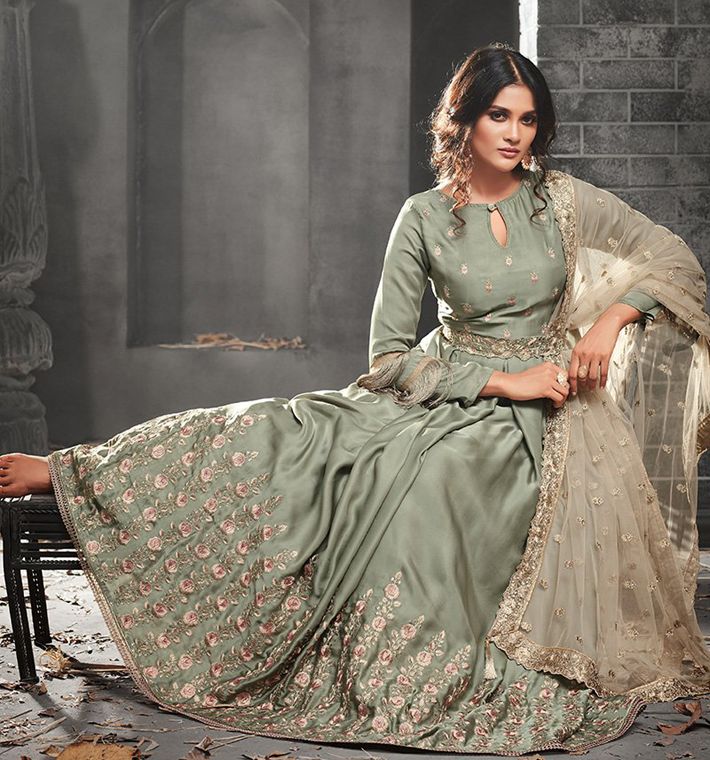Formal occasions are not just events—they are moments where impressions are made, memories are created, and confidence is showcased. For women, choosing the right formal dress is more than a fashion decision; it is a statement of elegance, personality, and poise. Over the decades, women formal dresses have evolved in design, style, and cultural meaning, reflecting broader changes in society, fashion trends, and self-expression.
The Evolution of Women Formal Dresses
Formalwear for women has come a long way from the corseted gowns of the 18th century to the sleek silhouettes of modern evening wear. In the early 1900s, formal dresses were heavily influenced by European aristocratic fashion. Long trains, luxurious fabrics like silk and velvet, and intricate embroidery were considered the hallmark of elegance. Over time, designers began to experiment with simpler silhouettes, lighter materials, and bolder styles.
Types of Formal Dresses for Women
When it comes to choosing a formal dress, the occasion and setting often dictate the most suitable style. Here are some of the most popular categories:
1. Evening Gowns
These floor-length dresses are the epitome of formality and glamour. Often worn at black-tie events, galas, or formal weddings, evening gowns are typically made from luxurious fabrics like satin, chiffon, or tulle. They may feature embellishments such as sequins, beading, or lace for added drama.
2. Cocktail Dresses
Shorter than evening gowns but still sophisticated, cocktail dresses are ideal for semi-formal events or dinner parties. They often fall at or just above the knee and come in a variety of silhouettes—from sheath and A-line to wrap dresses. Cocktail dresses can be playful or elegant, depending on the design.
3. Ball Gowns
Reserved for the most formal events such as charity balls or state dinners, ball gowns are characterized by their voluminous skirts and fitted bodices. These dresses often bring a fairy-tale feel, making them a popular choice for prom nights and formal dances.
4. Formal Jumpsuits
In recent years, formal jumpsuits have emerged as a stylish alternative to dresses. With clean lines, wide-leg pants, and sophisticated tailoring, jumpsuits offer comfort without compromising on elegance. They’re especially popular in business formal settings or modern evening affairs.
5. Gowns for Cultural Events
In many cultures, traditional dresses adapted for formal occasions serve as a meaningful alternative. Think of sarees with elegant drapes, embroidered abayas, or intricately embellished lehengas. These garments merge tradition with formality in a way that’s deeply personal and respectful.
Choosing the Perfect Formal Dress
Finding the perfect formal dress involves more than picking a pretty garment off the rack. Here are a few tips to consider:
-
Body Shape: Understanding your body type can help you select a dress that accentuates your best features. A-line dresses flatter most figures, while mermaid styles highlight curves.
-
Dress Code: Always check the invitation or event guidelines. A “black-tie” event calls for a more conservative and elaborate look, while “business formal” might mean tailored dresses or suits.
-
Color and Fabric: Rich tones like navy, emerald green, burgundy, and classic black are timeless choices. Lighter shades like champagne, blush, or dove gray can add a soft, romantic feel. Always consider the season—light fabrics like chiffon for summer, heavier ones like velvet for winter.
-
Accessories: The right accessories can elevate your formal dress. Statement earrings, elegant clutches, and strappy heels can complete the look. However, don’t overdo it—less is often more.
Formal Dresses and Empowerment
Formalwear for women is not just about looking beautiful; it’s about feeling powerful. When a woman steps into a perfectly fitted gown, it often boosts her confidence and makes her feel seen and respected. In professional settings, formal dresses convey authority and sophistication. On red carpets and award ceremonies, they celebrate individuality and artistic expression.
Designers like Elie Saab, Vera Wang, and Oscar de la Renta have built their reputations by creating formal dresses that blend tradition with innovation. At the same time, high-street brands and online retailers have made formalwear more accessible than ever, offering stylish options for every budget.
Sustainable Choices in Formalwear
With growing awareness around sustainability, more women are choosing eco-friendly formal dresses. From renting designer gowns to purchasing dresses made with organic or recycled fabrics, sustainable fashion is becoming a key player in the world of formalwear. Many brands now promote slow fashion, encouraging consumers to invest in timeless pieces rather than following fast-fashion trends.
Final Thoughts
Women formal dresses represent more than fashion—they symbolize grace, confidence, and the transformative power of style. Whether it’s a grand ballroom event, a professional gala, or an intimate celebration, the right dress can turn any evening into a magical experience. With so many options available today, every woman has the opportunity to express her individuality while honoring the timeless art of dressing formally.
Alex Robin Details
User Profile
- Full name
- Alex Robin
- Email address
- alexxrobin566@gmail.com
- Join Date
- 2025-05-08
- State
- City
- Lahore
- Pincode
- 540000
- Address
- 165-P, Mini Market, Gulberg 2, Lahore
- Follow us on Facebook
- https://www.facebook.com/jeemfashion/
- Follow us on Twitter
- Website Name
- https://jeem.pk/
- Bio
- Jeem is a premium clothing brand from Pakistan, renowned for its exquisite luxury pret wear for women.

